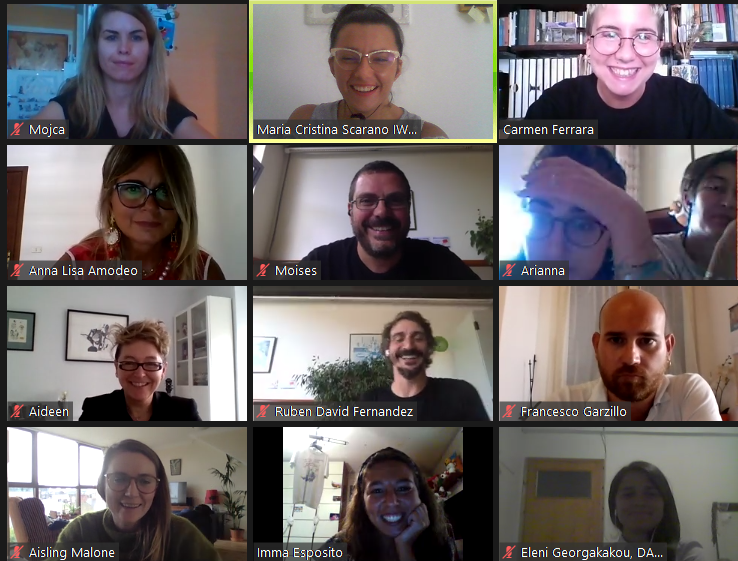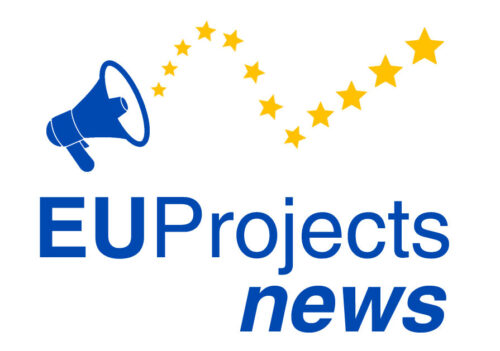- February 23, 2025
Consortium participated in XENIA Online Meeting
Consortium partecipated in the second transnational project meeting of XENIA project. Due to the COVID-19 pandemic, the meeting, originally planned in Dublin, took place in online mode on the basis of an agenda developed and shared jointly by all partners.
After the insitutional greetings hold by the coordinator Sinapsi, Partners discussed about the activities already implemented under Work Package1 and the ones to be implemented under WP2. In particular, the weighting of indicators for the objective matrix Development of indicators to capture students and staff perceptions about HE inclusiveness. Partners will held an accurate technical work that will assign values to each indicator, establishing hierarchies of relevance, importance and significance for each indicator against the principle of “Inclusive HEI” in the domain of gender and sexual orientation.
One of the Spanish partner Internet Web Solutions explained the ICT structure of the Xenia Index Algorithm development and then progress status on dissemination activities and results so far. It is estimated that a total of at least 2.955.196 target people will be reached, thanks to visibility tasks of XENIA partners over the 36-month project period.
In the coming months the work will be focused on the development of indicators for the objective matrix and the collection of subjective indicators to best identify gaps between what the HEI is doing to promote inclusion and the impact on the target audience. The inclusiveness index will be loaded on the platform and will be the the core of Xenia Project.
Xenia is a Project co-funded by the Erasmus+ Programme of the European Commission which involves a Consortium of 7 Partners from 5 countries (Ireland, Italy, Greece, Slovenia and Spain).
The project aims to tackle social and educational integration of other groups at risk of exclusion (migrants, ethnic minorities, people with disabilities) at present there are no specific tools nor mechanisms to systematically cope with stigma against gender and sexual minority and/or marginalized groups, and promote dynamics of social and educational inclusion of LGBT+ and cisgender women in EU HEIs.


